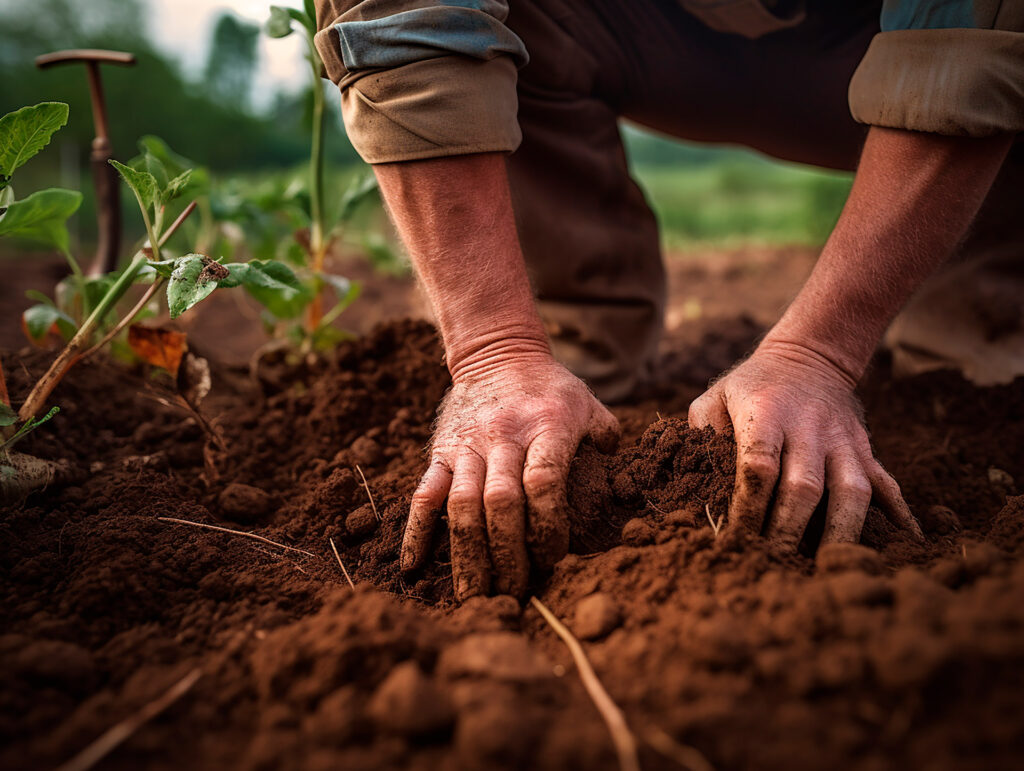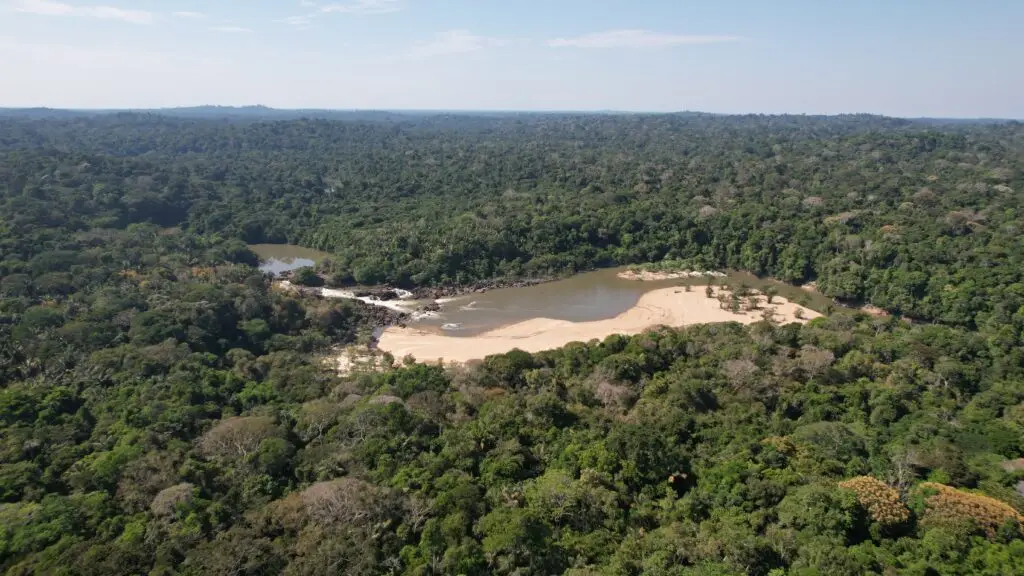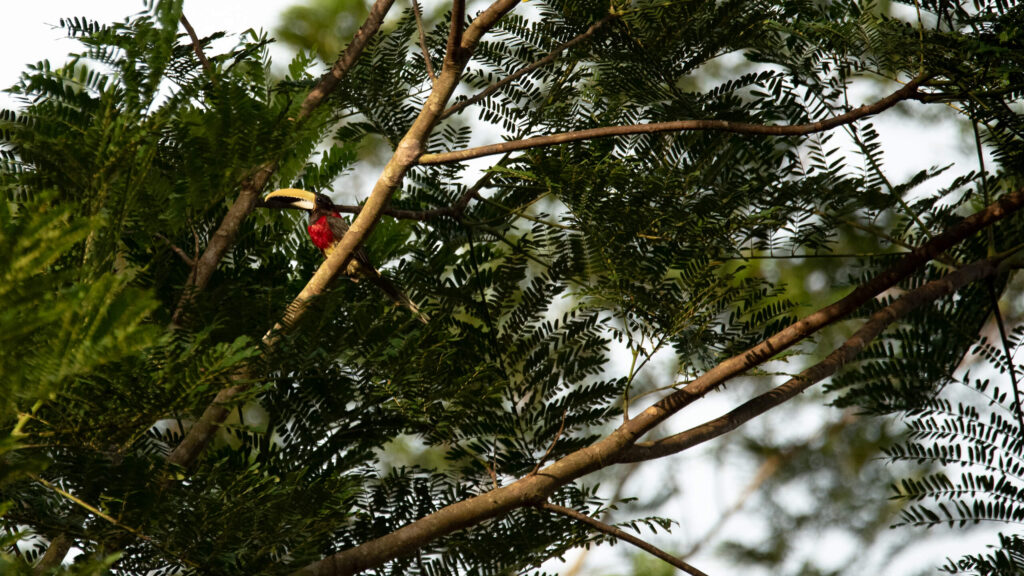Brazilian REDD+ Alliance: Voluntary transactions can help nations overachieve their Paris Agreement targets
Report includes case study of the Brazilian Floresta+ programme
Voluntary transactions have the potential to help nations not only achieve but surpass their Paris agreement targets, according to new analysis compiled by international non-profit BVRio and the Brazilian REDD+ Alliance. The analysis also focuses on the positive potential the new Brazilian Programme Floresta+ has.

The new analysis comes as new data shows a renewed interest in the voluntary carbon offset market, with commitment by big corporates breathing new life to the market beset by criticism and doubt over many years.
“it is encouraging that voluntary commitments to climate mitigation are growing at such a fast pace. Our analysis shows that they can have a tangible, critical impact on reducing carbon emissions. It is important, however, that these transactions are conducted outside of the official UNFCCC accounts, so that their climate impact are truly additive to existing efforts under the Paris Agreements.”, said Pedro Moura Costa, Managing Director, BVRio.
Main points of the report include:
- The Paris Agreement requires that the acquisition of emission reduction credits must be cancelled by a corresponding adjustment in the seller’s nation account.
- This means that, depending on the specifications of the transactions, international emissions trading could result in neutral and even negative global climate impacts (see Table).
- Voluntary transactions do not require corresponding adjustments on any official national account; they occur outside official transactions, and consequently are additional.
- Such transactions can assist countries to meet their NDC targets and could result in emission reductions that are additional to the targets of the Paris Agreement.
- If buyers request corresponding adjustments from voluntary projects, however, the global climate impact of these projects will be cancelled by the adjustments and will be net neutral.
- Such adjustments could hinder the ability of host countries to meet their climate targets or these will only accept unambitious targets.
- The Brazilian Forest+ Programme fits well into this voluntary market architecture, and hopes to harness voluntary projects to contribute to the country’s climate targets under the Paris Agreement.
| NDC coverage of project sector | Corresponding Adjustments | Other impacts | Climate Impact | |
|
Compliance trading
|
Covered by NDC | Requested by UNFCCC | Negative impact on Host Country’s ability to meet its NDC |
Neutral |
| Outside NCD | Requested by UNFCCC | Positive – Does not impact Host Country’s ability to meet its NDC. Paves the way for expansion of NDC scope | Additional | |
|
Voluntary transactions
|
Outside NDC | Not needed | Positive – Does not impact Host Country’s ability to meet its NDC |
Additional |
| Covered by NDC | Not needed | Positive – Contributes to the Host Country’s NDC effort |
Neutral | |
| Covered by NDC | Demanded by buyer | Negative impact on Host Country’s ability to meet its NDC |
Neutral |
Pedro Soares, Manager, Climate Change and Environmental Services, IDESAM, said: “The voluntary carbon markets can play a major role to foster a ‘net-zero’ CO2 economy in the next years. Companies and investors have already demonstrated their interest in engaging with positive initiatives that seek to reduce and remove GHG emissions, through REDD+ projects and programmes.”
The Brazilian Programme Floresta+
The recently announced Brazilian Programme Floresta+ supports the voluntary development of REDD+ projects and does not authorise international credit transfers. According to the analysis, this creates the basis for projects that create positive global climate impacts, contributing to the country’s climate targets. It is important, however, that these projects complement, as oppose to replace, official policies and initiatives for GHG emission reductions in Brazil land use sector.
“For developers of forest carbon projects, the Floresta+ programme is a historical breakthrough and sends a strong signal that it is within Brazil’s interest to increase private investment in forest conservation and restoration.”, stated Plínio Ribeiro, Co-Founder and CEO, Biofílica.
“The voluntary carbon market has proved its effectiveness in forest conservation; its expected growth can attract more resources to avoid deforestation and forest degradation at large scale.”

Plínio Ribeiro
Co-Founder and CEO
Biofílica Environmental Investments
Be a leader with a vision of the future.
Neutralize your company’s emissions using carbon credits generated by our REDD+ Projects.






